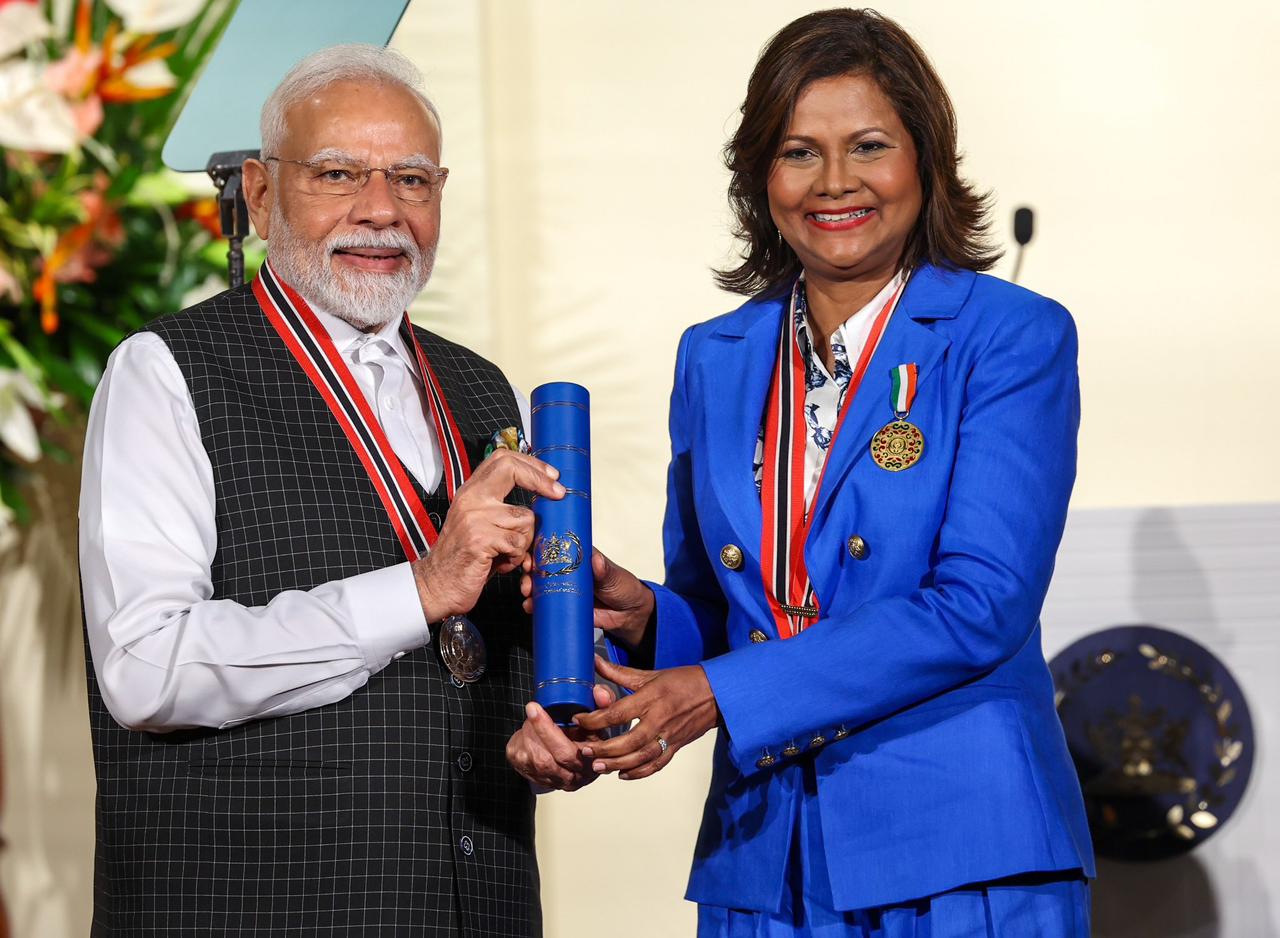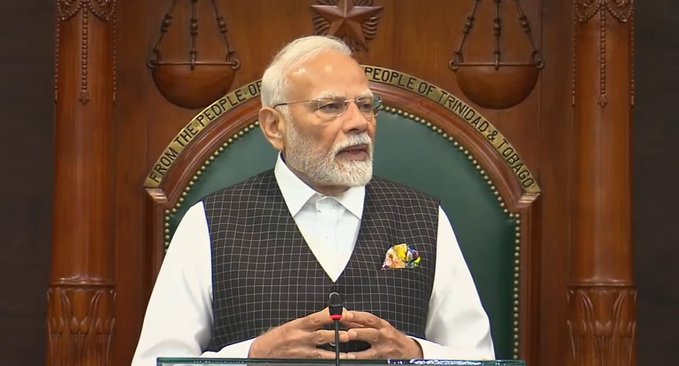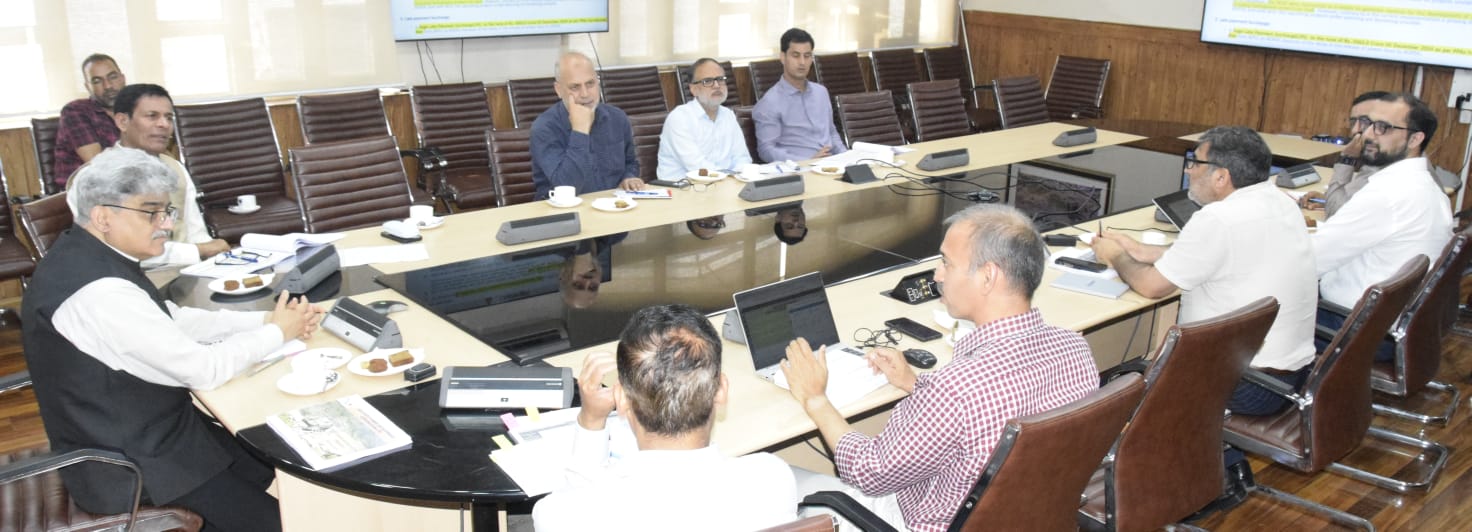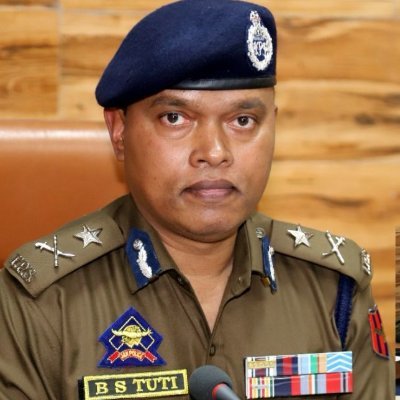Colombo,: Sri Lanka on Thursday voted to elect a new parliament, a first major test for the ruling National People’s Power (NPP) party led by President Anura Kumara Dissanayake.
The snap parliamentary polls are the first after the 2022 economic crisis.
Dissanayake said he would be happy to finish short of an absolute majority of 150 seats in the 225-member Parliament.
Polls monitoring groups said the voter turnout out was lower than the high 79 per cent recorded at the presidential election held in September.
The election commission said it anticipated an overall turnout of 65 per cent in the polling concluded in a largely peaceful manner across the country.
While the counting of postal ballots began soon after voting concluded at 4 pm local time, counting of votes cast on Thursday was set to begin immediately after all ballot boxes were received at the counting centres, and the first results were expected after midnight, the election officials said.
Ruling NPP is expected to win the contest by gaining a simple majority of 113 seats in the 225 member assembly, according to poll observers.
Having failed to secure 50 per cent of the vote at the September 21 presidential election, Dissanayake is pleading for a stronger parliament with well over a simple majority of 113 seats to enable him to implement his anti-corruption accountability reformist programme.
After casting his vote in Colombo, Dissanayake told reporters he was expecting a mandate for a very strong parliament.
Stating that he would be happy to finish short of an absolute majority of 150 seats, Dissanayake said, “A strong parliament is sufficient for us. Because the bills that we bring are laws that are favorable for the common people.”
“If we are introducing laws that benefit people, we can secure a vote that exceeds two thirds.”
Asked about the Tamil minority dominated north, Dissanayake said the Tamils have high hopes from his government.
“A key point in the change is when there will be a government that is accepted by people in the north and south, in the east and west.”
Voting that started at 7 am local time took place at over 13,314 polling stations across the country.
Over 17 million voters from the island’s 21 million population were eligible to vote for the new 225-member Parliament for a five-year term.
Nearly 90,000 security personnel from the police and the military were deployed to provide security at the election venues.
Police spokesperson said that except for the arrest of three individuals involved in illegal election campaigning activities, no acts of violence were reported and the election remained peaceful overall, local media reported.
This was the first parliamentary election since Sri Lanka plunged into an economic crisis when the island nation declared sovereign default in mid-April of 2022, its first since gaining independence from Britain in 1948. Almost civil-war-like conditions and months of public protests led to the fleeing of the then president Gotabaya Rajapaksa.
Since assuming office, Dissanayake has stayed on course with his predecessor Ranil Wickremesinghe’s International Monetary Fund (IMF) bailout programme.
The country is still in the process of recovering from its worst economic crisis in history as the Dissanayake government faces the challenge of meeting the IMF targets on revenue in the third review of the USD 2.9 billion programme.
The western province district of Gampaha elects the highest number of Members of Parliament – 19 with the capital district of Colombo from the same province electing 18 MPs while the eastern province district of Trincomalee elects the lowest number – just 4 MPs.
As many as 196 members are to be elected from the 22 districts based on the proportional representation system while 29 would be elected from the cumulative votes polled national list to provide a 225-member Parliament for a five-year term.
Political parties and independent groups file lists of candidates for each district. Seats are allocated proportionately according to the votes polled.
Individual MPs get elected based on the preferential votes cast in their favour. Each voter is entitled to mark three individual preferences.
Wickremesinghe, who lost to Dissanayake in last month’s presidential election, is not contesting the parliamentary election for the first time since 1977.
The Rajapaksa brothers – Mahinda, Gotabaya, Chamal and Basil – too are not contesting this election after decades-long representation.
Scores of ministers and deputies from the past regime have opted out of the race.




















